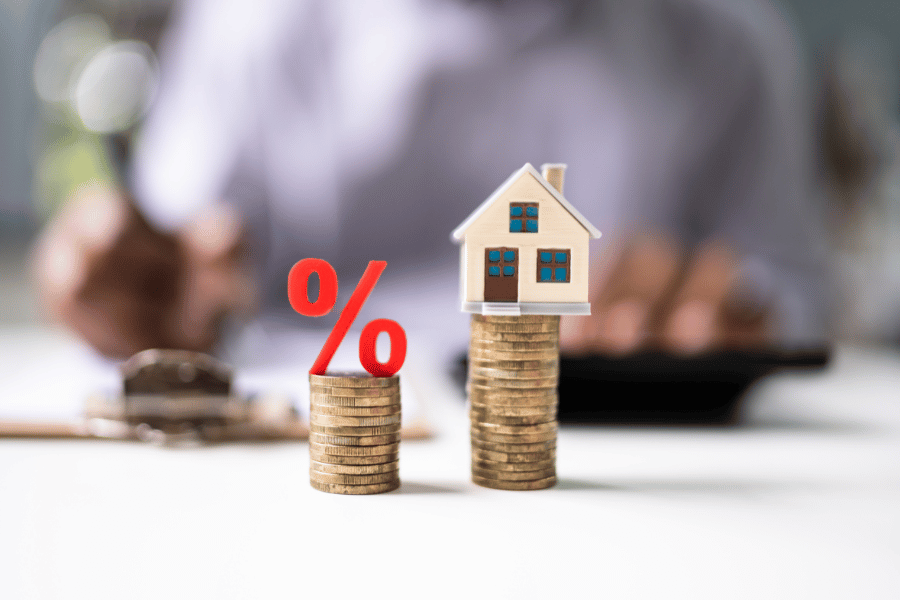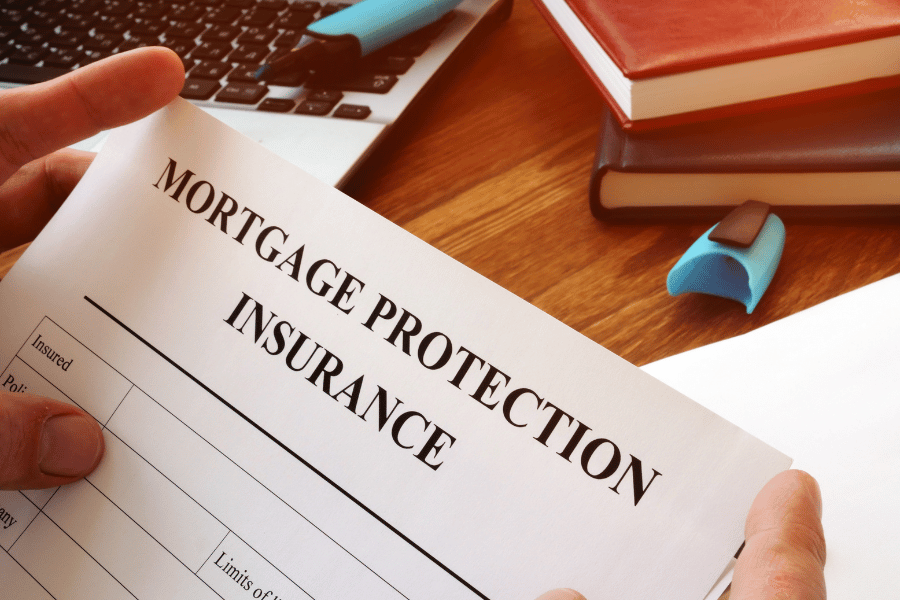What Is a Reverse Mortgage and How Does It Work?
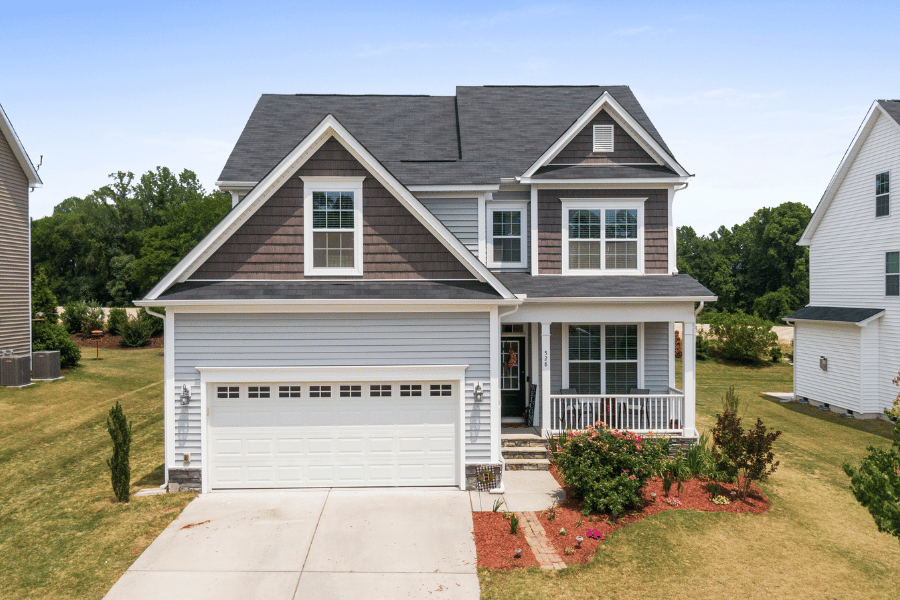
What Is a Reverse Mortgage and How Does It Work?
Are you a first-time homeowner and want to learn more about a reverse mortgage? Here is everything you need to know about a reverse mortgage and how it works.
Chances are, if you are a first-time home buyer, you will most likely need to apply for a mortgage. In addition to finding the right mortgage, it is important to understand how each one works.
Knowing how to obtain a mortgage and understanding your grant eligibility could help you save thousands of dollars in the long term. A reverse mortgage is different than traditional loans; depending on your financial goals, you can choose to repay some or all of the interest or any amount you want.
Your decision to obtain a reverse mortgage may rely upon your current financial state and future goals. Reverse mortgages are not for every home buyer; if the loan does not meet your goals, then you may struggle financially.
These types of mortgages are intended to be the last loan you ever need. If you are not in your forever home, consider using a reverse mortgage to buy your final home. Before anything, you need to understand how a reverse mortgage works and how it may help you now and in the future.
Keep reading to learn all about reverse mortgages and how they work.
Chapters
1. What Is a Reverse Mortgage?
A reverse mortgage is a type of home loan that you do not have to pay back for as long as you live in your home. This type of mortgage can be paid to you in one lump sum, as a monthly income, or at the times and in the amounts you decide. The loan and interest will only need to be repaid when you sell your home or die.
With a reverse mortgage, the amount you owe will grow larger over time. This is because there are no monthly payments; by law, you can never owe more than your home's value.
Many are drawn to reverse mortgages because you will still own the home. This means that you must pay the property taxes, insurance, and repairs. If you do not pay for these, the lender can use the loan to make payments or require you to pay the loan in full.
There are different types of reverse mortgages. The lowest-cost reverse mortgages are loans offered by some states and local governments. These are often for specific purposes, such as paying for home repairs or property taxes.
Some banks and mortgage companies offer loans that can be used for any purpose. Many financial institutions are shy to enter the reverse mortgage lending market because of the unique servicing and risk management challenges.
According to the Federal Deposit Insurance Corporation (FDIC), the market changed in 1988 when the Federal Housing Administration launched the Home Equity Conversion Mortgage Insurance Demonstration, which the U.S. Department of Housing and Urban Development permanently adopted. Thus, the Home Equity Conversion Mortgage was created as a viable loan product with strong consumer protections.

2. Reverse Mortgage vs. Traditional Loans
There are several differences between reverse mortgages and traditional loans. Traditional mortgages require borrowers to make a payment towards their loan balance every month for many years.
If you have a reverse mortgage, you are not required to make any monthly payments. You can actually pay as much as you want, as often as you'd like. If you have an existing mortgage, then the loan will first be used to pay that off.
Both mortgages are loans and will need to be repaid. Traditional loans are paid off via monthly payments to the lender. These gradually shrink the loan balance, while reverse mortgage repayment is slightly different. As you draw on the equity in your home, interest grows, causing the balance to increase.
The reverse mortgage payments can be put toward your loan balance immediately. The repayment of a reverse mortgage is deferred. The loan will only become due and payable when you do not live in the home or are unable to meet the loan terms. Deferred repayment is beneficial for senior homeowners living on a fixed income because it allows them to use cash that would have been used as a monthly expense.
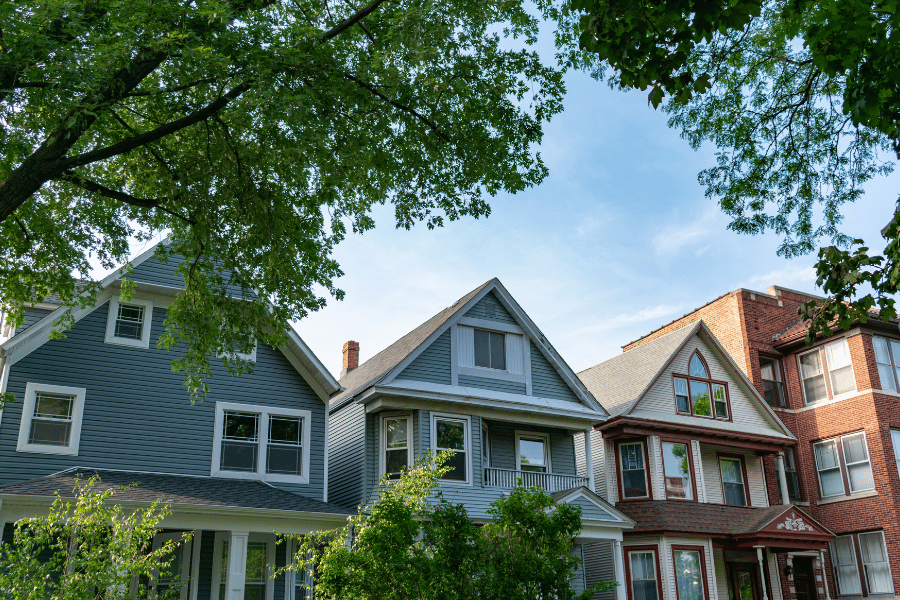
3. How Much Do You Get From a Reverse Mortgage?
A revere mortgage can be paid to you in several ways. You can be paid all at once in cash, as a monthly income, as a credit line that allows you to decide how much you want and when, or a combination of all three.
The amount you get will vary greatly depending on your age, your home's value and location, and the cost of your loan. The largest amounts usually go to the oldest owners living in the most expensive homes, getting loans with the lowest costs.
Generally, you can get somewhere between 40% and 60% of your home's appraised value. The higher your home value, the more money you can potentially obtain.
According to the U.S. Department of Housing and Urban Development, the HECM mortgage limit is $1,149,825 in 2024. This is the maximum anyone can be paid from a HECM reverse mortgage. However, the majority of people are paid much less.

4. What Are the Reverse Mortgage Payment Options?
You can pay for the majority of the costs of a HECM by financing them. This means that you do not have to pay for them out of pocket. Although this means you are reducing the net loan amount available to you.
You will be charged an initial mortgage insurance premium (MIP) at closing, which is 2%. Over the life of the loan, you are charged an annual MIP, which is 0.5% of the outstanding mortgage balance.
If you or your heirs have enough savings, you can repay the reverse mortgage loan balance with cash. You can repay the mortgage at any time, reducing the balance and interest charged.
If the borrower dies, a reverse mortgage will still need to be repaid by their estate or heirs. If the balance on the loan is more than what the home is worth, your heirs can sell the home for at least 95% of the current appraised value in order to pay off the loan. The borrower's heirs can also keep the home by taking out a new mortgage on the house to pay off the balance owed on the reverse mortgage.
You can also refinance the mortgage into a traditional mortgage loan if you want to keep the house as part of your estate. However, you will need to make regular payments toward the mortgage alone.
If everything fails, the borrower or their heirs can give the deed of the home to the lender. Otherwise called a deed in lieu of foreclosure because it is typically the last resort before letting the lender foreclose on the home.
In addition, there are costs for reverse mortgages from loans and mortgage companies, including:
- Application fee
- Origination fee
- Monthly service fee
- Interest
- Insurance
- Closing Costs
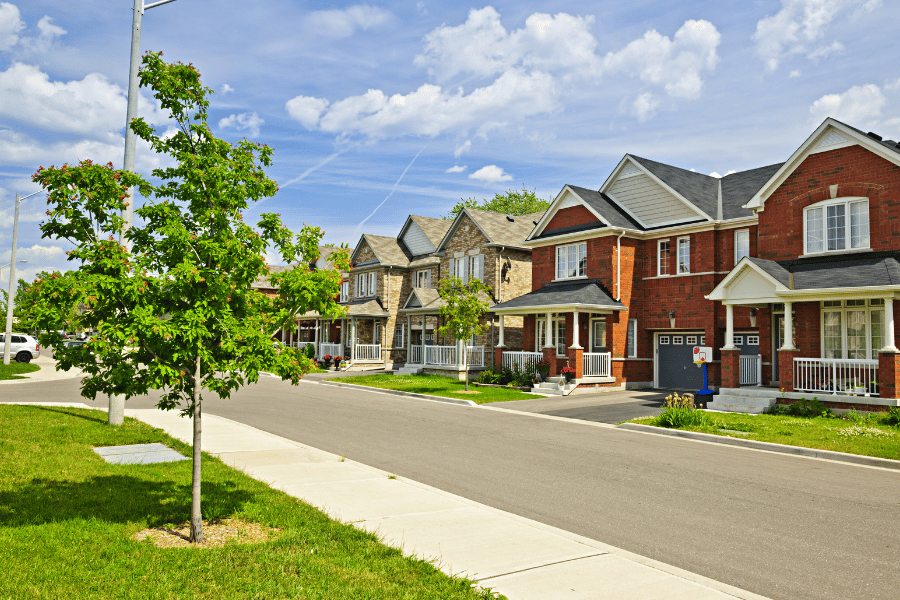
5. Reverse Mortgage Eligibility
Homeowners must be at least 62 years old in order to be eligible for a reverse mortgage. In addition, at least one owner must live in the home most of the year.
The home must be a single-family, one-unit dwelling, or two-to-four-unit, owner-occupied, or some condominiums, planned unit development, or manufactured home. The most common type of reverse mortgage loan is known as a Home Equity Conversion Mortgage (HECM). These are only available to homeowners who are 62 and older.
The other requirements include:
- You must either own your home without a mortgage anymore or have a low mortgage balance. If you still have a mortgage balance, you have to be able to pay it off when you close on the reverse mortgage. The money from the reverse mortgage can then be used to pay off your existing mortgage balance.
- You cannot owe any federal debt, including federal income taxes or federal student loans.
- You need to have enough money other than the reverse mortgage funds when you close on the loan to pay property charges.
- The home must be in good shape, meaning it has to meet the required property standards. Your lender will let you know what repairs need to be made.
- The federal government requires you to see a federally-approved reverse mortgage counselor.

Methodology
We used information and data from several different sources, as well as our own data, to determine everything you need to know about a reverse mortgage. Most of the data was sourced from the following sources:
FAQ: What is a Reverse Mortgage, and How Does It Work?
Here are some commonly asked questions about a reverse mortgage.
What is the downside to a reverse mortgage?
A reverse mortgage can include a mortgage insurance premium, an organization fee, a servicing fee, and third-party fees.
Why would someone get a reverse mortgage?
Someone may get a reverse mortgage if you are physically able to maintain your home. If you have enough equity, you can have a low mortgage balance, and the payout from a reverse mortgage would cover your needs.
How much money do you actually get from a reverse mortgage?
The amount of money you actually get from a reverse mortgage can vary between 40% and 60% of your home's appraised value. You can receive more loan amounts based on your age and current interest rates.
How do you pay back a reverse mortgage?
A home equity conversion mortgage, HECM, or reverse mortgage must be repaid in full when you die or sell the home. The lender will recover the money advanced to you, including interest, when the home is sold.
Why do banks not recommend reverse mortgages?
Some banks do not recommend reverse mortgages because they can be financially risky. A reverse mortgage can let you access your equity without selling your house right away. However, it can increase your debt and use up your equity. The amount is based on your equity, and you are still borrowing the money and paying the lender a fee and interest.
Reverse Mortgage - The Bottom Line
Some homeowners may shy away from reverse mortgages, thinking it is a tricky or last-ditch financial option for homeowners. According to the Federal Deposit Insurance Corporation (FDIC), Reverse mortgages have been available for more than 20 years; however, consumer demand has been weak because of uncertainty.
We know that buying a home is overwhelming enough, and you shouldn't have to worry more about keeping the home. In order to make an informed decision, you should know everything that is available to help you throughout the process.
If you are ready to buy a new home, the Triangle is full of many homes where amenities and local favorites will surround your family. Whether you are searching for a single-family home, townhome, condominium, or apartment complex, you are bound to find the best home in Raleigh for you and your family.
Before you buy your next home in the Triangle, feel free to contact one of our helpful real estate specialists, as they are eager to help you find the perfect home. They will be taking charge during the negotiation process to guarantee you get the best bang for your buck. We know that buying a home can be overwhelming, so make sure you are prepared beforehand.

Ryan Fitzgerald
Hi there! Nice to 'meet' you and thanks for visiting our Raleigh Real Estate Blog! My name is Ryan Fitzgerald, and I'm a REALTOR® in Raleigh-Durham, NC, the owner of Raleigh Realty. I work alongside some of the best Realtors in Raleigh. You can find more of my real estate content on Forbes, Wall Street Journal, U.S. News and more. Realtor Magazine named me a top 30 under 30 Realtor in the country (it was a long time ago haha). Any way, that's enough about me. I'd love to learn more about you if you'd like to connect with me on Facebook and Instagram or connect with our team at Raleigh Realty. Looking forward to connecting!
Related Blogs
![Mortgage Income Requirements [2024]](https://raleighrealtyhomes.com/storage/blogs/March2024/kK1evJi0zZcE5f2ZBTE0.png)
![North Carolina Mortgage Rates [2024]](https://raleighrealtyhomes.com/storage/blogs/March2024/8ODOY5yVZtvdgRF6jZBz.png)
